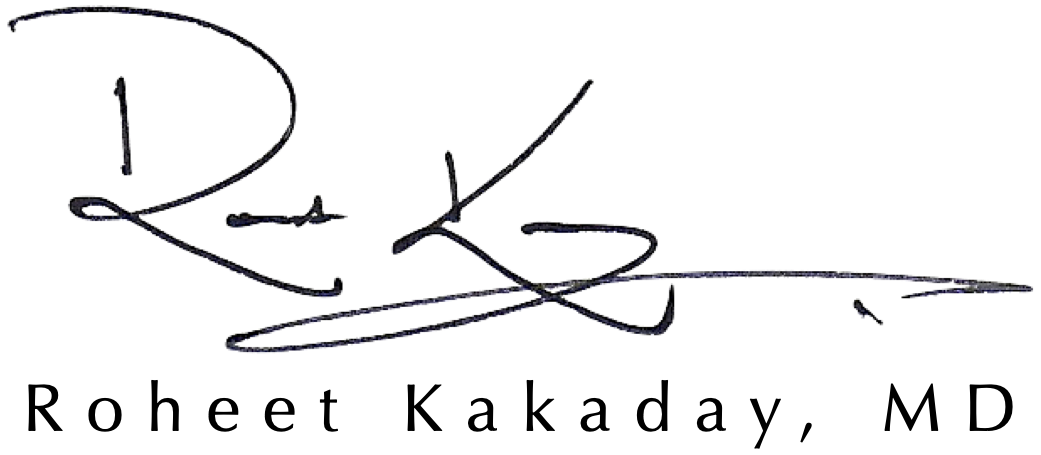I Don’t Know
The volume of modern medical knowledge is staggering and has soared at a seemingly logarithmic pace over the decades. As a developing primary care physician, I am, ideally, expected to understand and manage 80% of it.
This is undeniably daunting. I often find myself at a loss of words for my patients' more nuanced questions, often falling back on basic pathophysiology, with broad explanations of management, to aid our mutual understanding of a condition. Each time, however, I am dizzied by the depths of knowledge I cannot fathom.
And I share this with my patients. The amount of times I have answered, "I don't know." seems borderline silly. A doctor who does not know seems culturally counter-intuitive and even damaging to ones image. Yet, my patients seem to welcome that honesty and vulnerability. It re-frames the appointment as a shared journey, a practice, of health and health care, instead of a mysterious one-stop shop for answers. Finding the knowledge may be as simple as deferring to my attending physician or as involved as scouring the latest AAFP, NEJM, Dynamed, or UpToDate on the bedside computer together.
My patients seem to appreciate this, as they thank me for my time and return to see me and my team. Perhaps it humanizes the appointment, removes the doctor from the academic pedestal, and engages them more in their health than they otherwise would have been. I anticipate that with the upcoming years, the frequency with which I say, "I don't know." will diminish. Until then, however, I'll continue answering, "I don't know, but let's find out."
